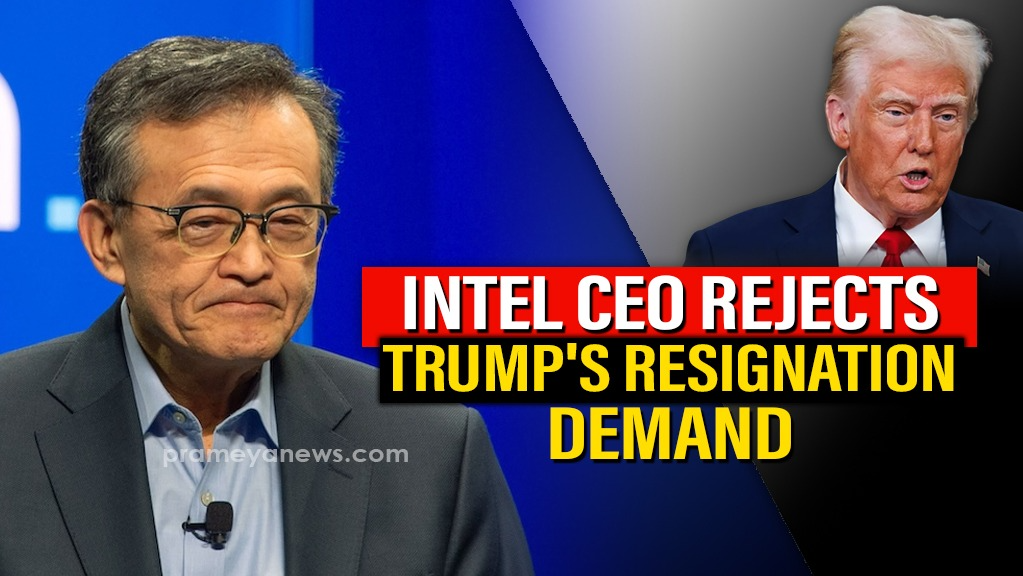

Intel CEO Lip-Bu Tan has rejected a public demand from US President Donald Trump to step down from his role. The controversy, which has created both political and market turmoil, stems from concerns over Tan's past investments in Chinese technology firms. In a firm response, Tan has reaffirmed his commitment to the company and to protecting US national security.
The issue escalated when President Trump, in a post on his Truth Social platform, called Tan "highly CONFLICTED" and demanded his immediate resignation. This followed a letter from Republican Senator Tom Cotton to Intel's board, questioning Tan's extensive past investments in Chinese semiconductor companies, some of which are reportedly linked to the Chinese military. The scrutiny also extends to Tan's previous leadership role at Cadence Design Systems, a company that recently admitted to violating US export laws.
In the wake of the public attack, Intel's shares saw a noticeable dip in premarket trading. The company issued a statement asserting that both it and its CEO are "committed to protecting US national security" and will cooperate with lawmakers to address their concerns. Industry analysts have offered a mixed reaction, with some suggesting that Tan's deep experience with the Chinese semiconductor industry is precisely what makes him a valuable leader for Intel in the current geopolitical landscape.
For now, Lip-Bu Tan remains in his position. However, with intense political pressure mounting and investor confidence shaken, the debate over his leadership and its implications for one of America's most critical tech companies is set to continue.